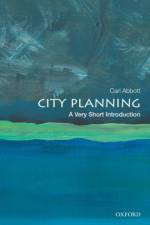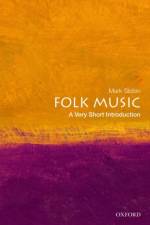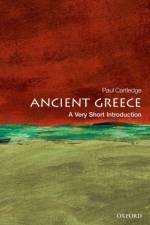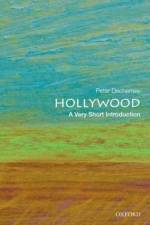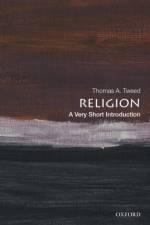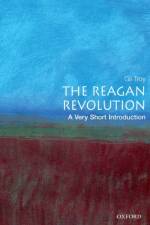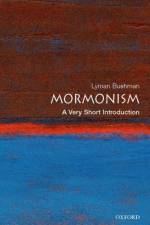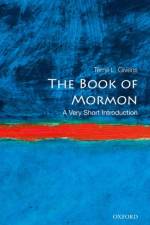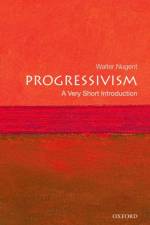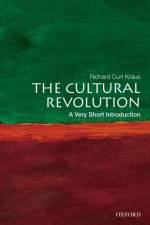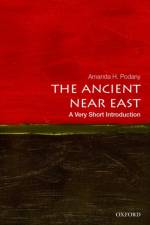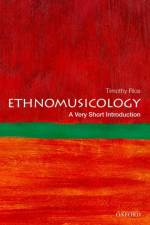av Walter (Andrew V. Tackes Professor of History Emeritus Nugent
161
After decades of conservative dominance, the election of Barack Obama may signal the beginning of a new progressive era. But what exactly is progressivism? What role has it played in the political, social, and economic history of America? This very timely Very Short Introduction offers an engaging overview of progressivism in America-its origins, guiding principles, major leaders and major accomplishments. A many-sided reform movement that lasted from the late 1890s until the early 1920s, progressivism emerged as a response to the excesses of the Gilded Age, an era that plunged working Americans into poverty while a new class of ostentatious millionaires built huge mansions and flaunted their wealth. As capitalism ranunchecked and more and more economic power was concentrated in fewer and fewer hands, a sense of social crisis was pervasive. Progressive national leaders like William Jennings Bryan, Theodore Roosevelt, Robert M. La Follette, and Woodrow Wilson, as well as muckraking journalists like LincolnSteffens and Ida Tarbell, and social workers like Jane Addams and Lillian Wald answered the growing call for change. They fought for worker's compensation, child labor laws, minimum wage and maximum hours legislation; they enacted anti-trust laws, improved living conditions in urban slums, instituted the graduated income tax, won women the right to vote, and laid the groundwork for Roosevelt's New Deal. Nugent shows that the progressives-with the glaring exception of race relations-shared acommon conviction that society should be fair to all its members and that governments had a responsibility to see that fairness prevailed. Offering a succinct history of the broad reform movement that upset a stagnant conservative orthodoxy, this Very Short Introduction reveals many parallels, even lessons, highly appropriate to our own time. ABOUT THE SERIES: The Very Short Introductions series from Oxford University Press contains hundreds of titles in almost every subject area. These pocket-sized books are the perfect way to get ahead in a new subject quickly. Our expert authors combine facts, analysis, perspective, new ideas, and enthusiasm to make interesting and challenging topics highly readable.

